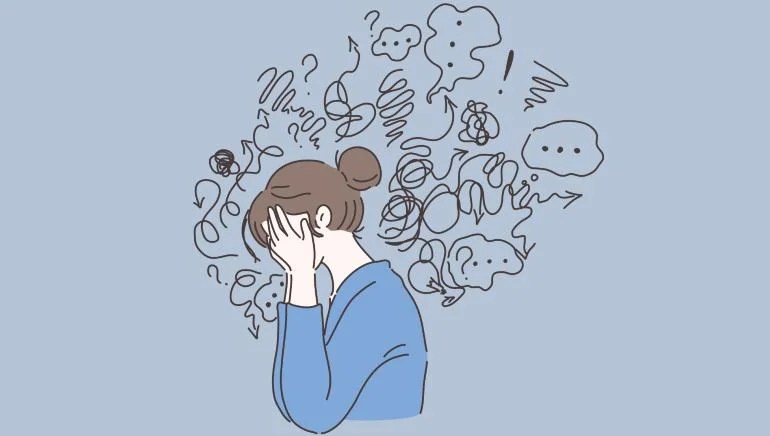If you are struggling with depression, trying out some coping strategies might prove to be helpful. In this read, we are going to discuss a few self-help tips for handling depression as provided by David Richards, a professor of mental health services research at the University of Exeter.

1. Be More Active
Consider taking up some form of exercise, even if it is walking or jogging for 30 minutes per day. According to studies, working out can help by boosting your mood and as a result, help you cope with depression.
2. Stay in Touch
When depressed, it can be tempting to withdraw from life. Unfortunately, this makes the situation worse. Socializing is also known to boost people’s mood and so, try to keep in touch with your friends and family, allowing you to have someone to converse with whenever you feel low.
3. Face Your Fears
Avoiding things when it gets difficult does not help. Most people have a tendency of avoiding speaking to others when they feel anxious or low. Some even lose their confidence or interest in going out or traveling. If this happens to you, face up to such situations, as it will help make life easier.
4. Avoid Indulging in Alcohol
For some individuals, alcohol can become an issue. You may consume more than normal in an attempt to cope or hide your emotions or simply pass time. However, alcohol will not solve your problems and will most likely make you feel more depressed.
5. Have a Routine
When you are feeling low, you can easily get into bad sleep patterns like staying up late and feeling sleepy during the day. So, make a habit of sleeping at the same time and waking up at the same time. Also, keep in mind that not having a routine can have an impact on your eating and so, try as much as possible to stick to one.
6. Eat Healthily
When feeling low, it is easy to lose your appetite, which can result in loss of weight. Others find comfort in food, which can result in gaining excess weight. If you are depressed and are concerned about weight gain, weight loss, or how antidepressants affect your appetite, do not hesitate to consult your general practitioner.
7. Seek Help
If you are still feeling low after a number of weeks, consult with a therapist. If you begin feeling that life is not worth living or are having suicidal thoughts, seek help immediately. These are usually signed that someone needs to intervene in order to get the help you need.
There’s an array of depression treatments including self-help, antidepressants, and talking therapy.
If you have experienced anxiety or depression in the past, even if they were not formally diagnosed, seek help. You are more likely to have a depression episode if you have experienced one before.

